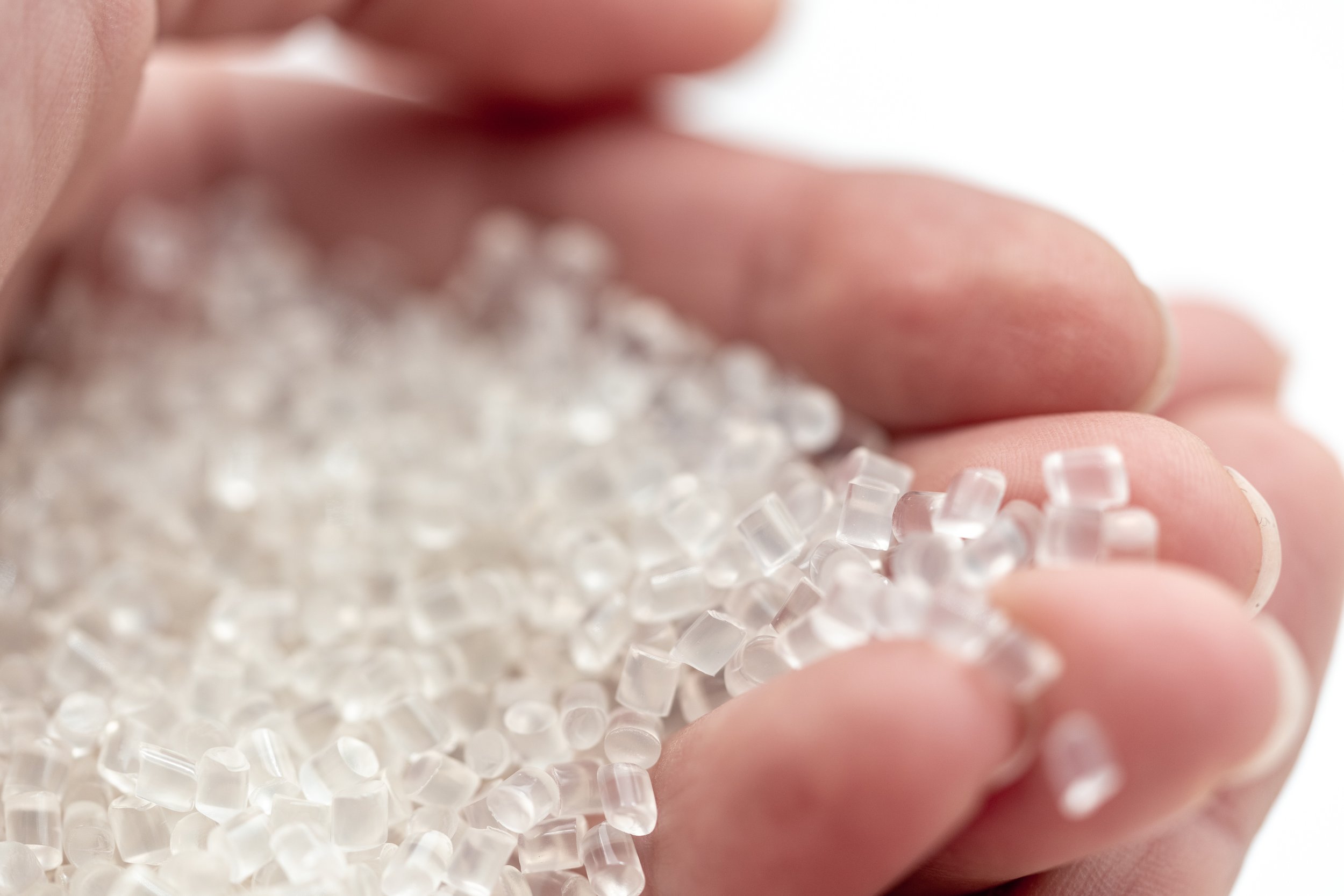
The Gold Standard: Water Solubility
Unveiling the Parallels: Chernobyl and the Plight of Plastics.
CEO Manuel Rendon's comparison between the Chernobyl disaster and the widespread use of plastics illuminates a sobering reality. While Chernobyl was a swift and contained event, the gradual "plastification" of our environment poses an equally alarming threat, albeit less visibly. Just as the ill-fated experiment at Chernobyl disregarded safety systems, society's embrace of plastics overlooks their potential to disrupt the Earth's vital water cycle. Initially lauded as a solution to numerous challenges, plastics have become omnipresent, prized for their versatility and affordability. However, this reliance on plastics risks destabilizing the delicate balance of our planet. As Manuel warns, our unchecked consumption of plastics represents an ongoing catastrophe, accumulating a debt to the planet that cannot be ignored.
The Hoax of Biodegradability
EVEN A FALLING LEAF DEFIES BIODEGRADATION
Not even a leaf falling from a tree in an average backyard will biodegrade, it’ll only get compacted down to deeper layers of the earth to the point it reaches the lithosphere; the proof of this is based on the fact that we have petroleum and carbon deposits deep down the earth’s surface (90%+ of all carbon in our planet is solid). If all organic materials had biodegraded (the process of turning solid carbon into gas carbon through metabolic processes) our atmosphere would have more carbon in gas form than our lithosphere in solid, which isn’t the case.
Biodegradability has been labeled as a scam for a very long time.
For years, it's been labeled a scam, as cautioned by top scientists. Jason Locklin from the University of Georgia warns against products claiming biodegradability, noting they often need specialized conditions. Jacqueline McGlade of the UN Environment Programme agrees, saying many biodegradable plastics require high temperatures rarely found in nature. Studies show old landfills still hold intact newspapers, and backyard waste doesn't fully biodegrade.
Petroleum and carbon deposits deep in the earth confirm organic matter's endurance. If all organics biodegraded, atmospheric carbon would exceed lithosphere levels, which isn't the case. Studies suggest widespread plastic biodegradation would cause an environmental disaster. Water solubility is the true test, not biodegradability.
EVEN IF PLASTICS WERE TRULY BIODEGRADABLE.
Releasing their carbon into the atmosphere would have disastrous environmental consequences, as evidenced by the persistence of organic matter like newspapers in landfills and the presence of petroleum in the lithospheric layer, emphasizing the importance of reevaluating the notion of biodegradability in the context of sustainability.

What if all plastics were made
by Timeplast?
We conducted a field test in a marine aquarium environment. Unlike yuca and other bio-based plastics, our material is completely water-soluble. As a result, when introduced into the ocean, it dissolves entirely, effectively reducing its concentration to virtually zero.

Our planet looks blue from outer space for a reason.
Water, the universal solvent, was nature's intention. Encompassing around 71% of Earth's surface, it stands as a dominant force in our planet's landscape. From expansive oceans and seas to meandering rivers, serene lakes, and frozen polar ice caps, water manifests in diverse forms, sculpting geography and nurturing life. Its abundant presence not only shapes climate dynamics but also serves as a vital cornerstone for ecosystems and human societies alike.
Let’s make water plastic’s worst enemy
This is what we’re trying to accomplish at a global scale
“Timeplast aspires for our entire society to use water-soluble plastics, allowing us to extend the concept of zero plastic waste through Pabyss™ to a societal level. However, this will only occur if most, if not all, wasteful materials are water-soluble, reaffirming water's status as the universal solvent.”








